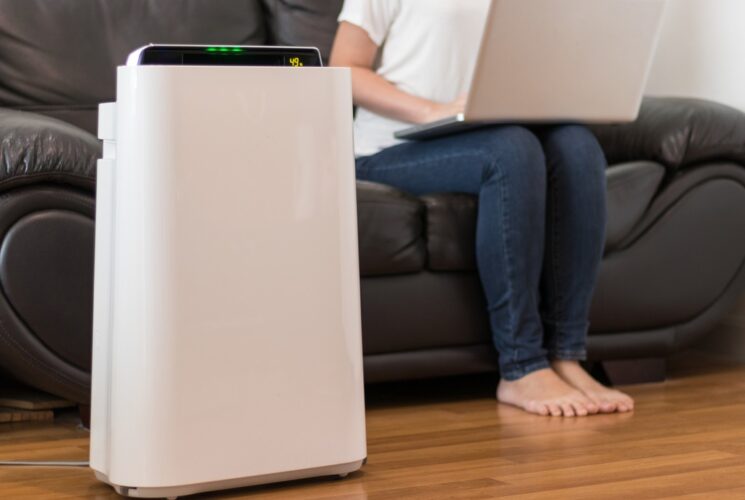
Clean and fresh air is vital for our well-being, but indoor air pollution can often be a concern. Air purifiers have become a potential solution to improve indoor air quality. In this post, we’ll explore the effectiveness of air purifiers. From understanding what they are to exploring different types available, we will delve into whether air purifiers truly deliver on their promises of cleaner air.
An air purifier removes contaminants from the air in an enclosed space. It helps capture and eliminate airborne particles, such as dust, pollen, pet dander, mold spores, and pollutants like smoke and odors. Air purifiers aim to improve the overall air quality, making it healthier and more breathable.
Air purifiers employ various technologies to clean the air. One common method is using filters, such as High-Efficiency Particulate Air (HEPA) filters. HEPA filters trap tiny particles and allergens, ensuring cleaner air circulation. Some air purifiers also employ activated carbon filters, which help neutralize odors and capture volatile organic compounds (VOCs).
There are several types of air purifiers available, each employing different technologies to achieve cleaner air. Some common types include:
These purifiers utilize HEPA filters to effectively capture small particles, allergens, and pollutants.
These purifiers employ activated carbon filters to remove odors, gasses, and VOCs from the air.
UV-C light purifiers use ultraviolet light to destroy germs, viruses, and bacteria in the air.
Ionic purifiers release negatively charged ions that attach to positively charged airborne particles, causing them to settle and be removed from the air.
The effectiveness of air purifiers depends on various factors. While air purifiers can effectively remove many airborne particles, their overall performance may vary depending on the specific model, room size, and the pollutants present. HEPA air purifiers, in particular, can efficiently capture particles as small as 0.3 microns. However, air purifiers may have limitations in removing certain glasses, chemicals, or volatile organic compounds (VOCs).
Air purifiers work best when used with other preventive measures, such as proper ventilation, regular cleaning, and minimizing pollutant sources. Additionally, maintaining and replacing filters as per the manufacturer’s guidelines is crucial for optimal performance.
© InsiderScoop